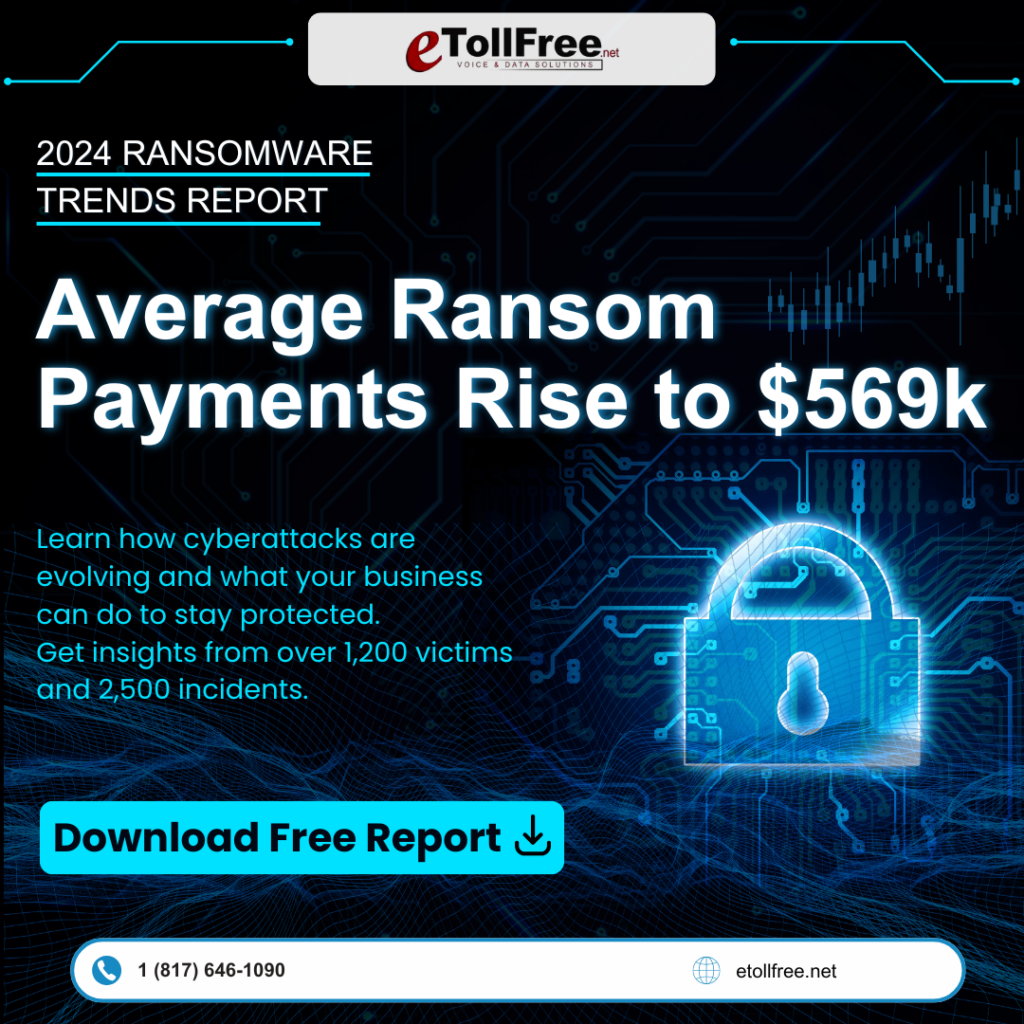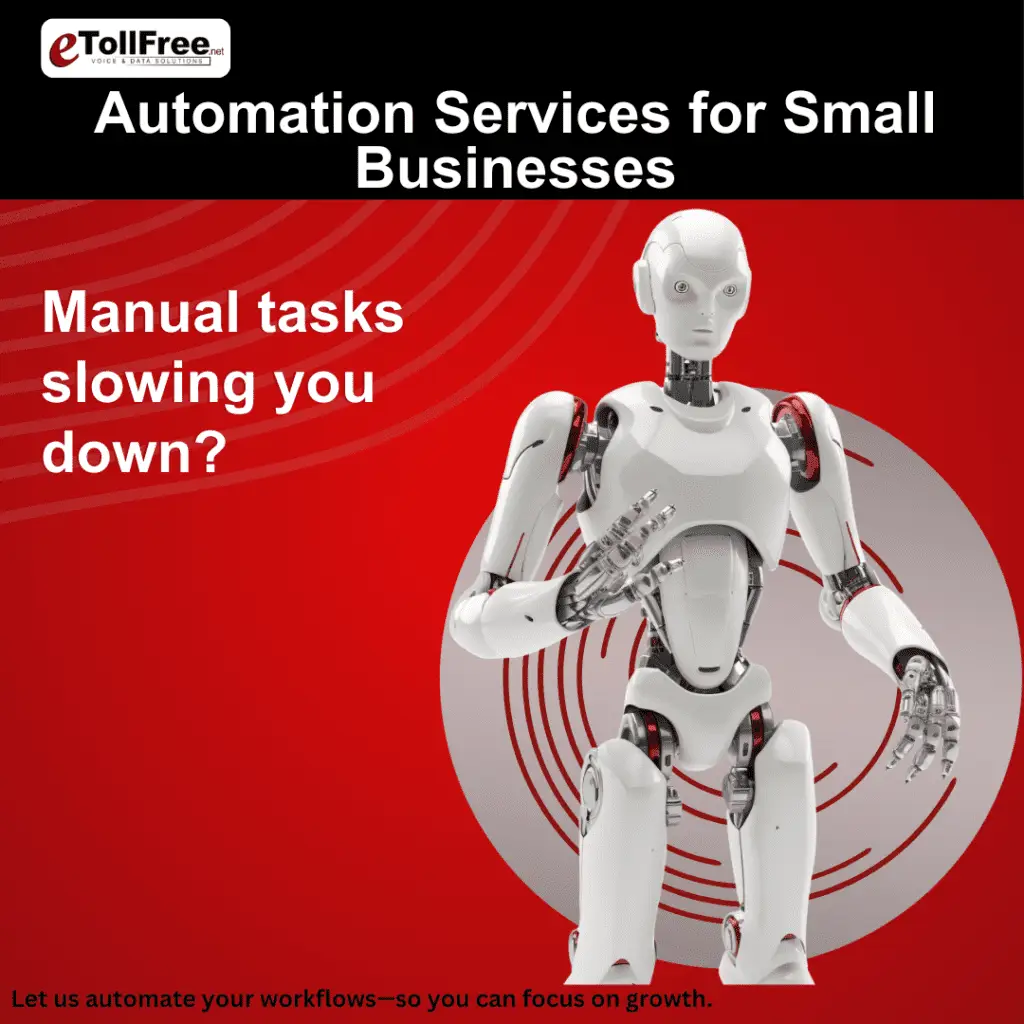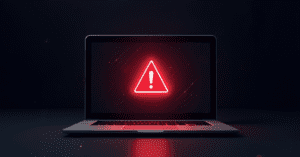Cyber Attacks in Health Care: Shielding Small Businesses from Emerging Threats
The healthcare sector, much like many other industries, is undeniably facing a significant surge in cyber attacks. With the digitalization of health records and the increasing use of technology in medical care, this field has become a prime target for cybercriminals. For small business owners, especially those in the healthcare industry, understanding and mitigating these threats is crucial. This article delves into the current trends affecting the sector, explores the impact on health institutions, and provides strategies that can be adopted by small business owners to safeguard against cyber threats.
Cybersecurity Challenges in Healthcare
The Growing Threat
Recently, there has been a noticeable increase in cyber attacks in health care facilities. Data breaches, ransomware, and fraud attacks are becoming more sophisticated and frequent, affecting both the financial and operational aspects of healthcare businesses.
One illustrative example is HealthEquity’s crisis, wherein their profits suffered due to a cyber incident. The firm’s CEO explicitly noted the rise in sophisticated attacks targeting financial operations.
Wider Impact of Cyber Threats
The consequences of cyber attacks in health care extend well beyond financial loss. The compromised safety of patient data can lead to severe health implications. A report by the United Nations emphasized that cyber attacks on hospitals could indeed transform from security issues into matters of life and death. Such attacks disrupt not only patient care but entire health systems, increasing the risk of medical errors and delaying emergency responses.
Steps Towards Mitigating Cyber Risks
Small business owners in the healthcare sector need to adopt robust cybersecurity frameworks tailored to protect sensitive health information. Here are key strategies:
Collaborative Defense
Hospitals and health organizations are increasingly pooling their resources to combat cyber threats. For instance, the Michigan Healthcare Cybersecurity Council works collectively to tackle cyber crime through shared expertise and resources. This collaboration enhances community-wide protection and facilitates skill development among member organizations.
Best Practices for Cybersecurity
To effectively safeguard against cyber threats, the healthcare sector can implement several best practices:
- Data Encryption: Ensure that all sensitive data are encrypted and securely stored.
- Regular Audits: Conduct frequent security audits and vulnerability assessments.
- Access Controls: Implement strict access controls to limit data exposure.
- Incident Response Planning: Develop and regularly update an incident response plan for potential breaches.
- Employee Training: Educate all staff on recognizing and reporting cybersecurity threats.
Impact of Cyber Attacks on Hospital Operations
Cyber attacks can significantly impact healthcare operations, hindering the ability to deliver timely medical care. Research shows that ransomware attacks cause delays and increase patient volume in unaffected facilities, further stressing healthcare systems. This highlights the necessity for comprehensive disaster response protocols to handle such crises.
Government and Industry Response
The role of government entities in mitigating cybersecurity threats is vital. Agencies like the Department of Health and Human Services face challenges in leading the industry due to gaps in implementing recommended cybersecurity policies. Addressing these issues is essential for providing a cohesive and unified approach to combating cyber crime in healthcare.
Resources
For further insights and supporting resources on cybersecurity challenges and solutions in healthcare, the following sources are invaluable:
-
Title: “Cybersecurity of Hospitals: discussing the challenges and working towards mitigating the risks”
– Read More -
Title: “5 Best Cybersecurity Practices for the Healthcare Industry | HackerNoon”
– Read More -
Title: “5 Trends Shaping Healthcare Cybersecurity in 2025”
– Read More
By leveraging these resources, small business owners in the healthcare industry can stay informed and better prepared against the evolving landscape of cybersecurity threats. Cyber attacks in health care are a growing concern, but with proactive measures, businesses can protect themselves and their patients adequately.











